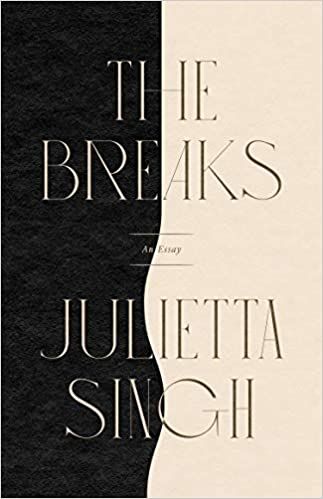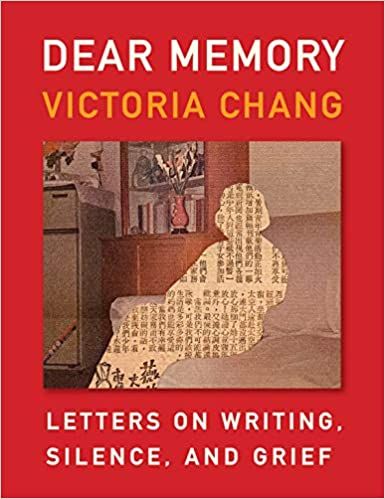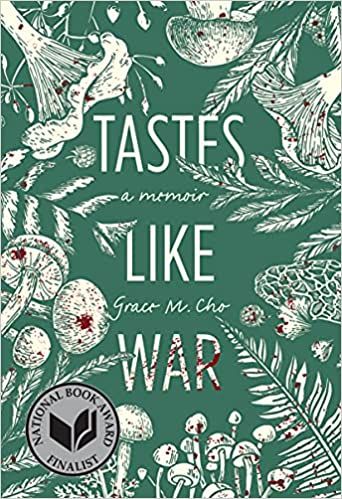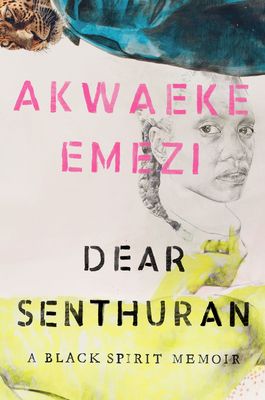
The Best Genre-Bending Nonfiction of 2021
Sure, genres are important and good, but messing around with genres is even better! There’s nothing I love more than a book that doesn’t fit neatly into a category. These kinds of books are surprising, varied, strange, and, at their best, mind-opening. They make connections you didn’t think were possible, suggest ideas you’d never encountered before, draw conclusions that make you rethink your assumptions. Yes, absolutely, all books can do this, but genre-bending nonfiction is particularly good at cracking open the space for this kind of new thinking.
The books below reflect the absolute abundance of great genre-bending nonfiction published this year. I could have made this list twice as long, easily. It’s not an accident, I think, that most of these books come from small presses. If you’re looking for unclassifiable, experimental writing, small presses are the place to find them.
Also, it’s not an accident that several of these books deal with queerness in some way. And it’s not an accident that many of these books are by writers of color grappling with experiences of colonialism, racism, and migration. These experiences seem to call for or invite a kind of writing that defies limitations and boundaries. The intersection of marginalized identities and innovative structures seems particularly fruitful.
Take a look at the list of the year’s best genre-bending nonfiction below and see what appeals to you!

The Breaks: An Essay by Julietta Singh
In the tradition of James Baldwin and Ta-Nehisi Coates, Julietta Singh writes The Breaks in the form of a letter. Addressing her daughter, Singh writes about her life, her body, and her thoughts on the future. She thinks about the climate crisis and her hopes and fears for how her daughter will confront it. Singh contemplates how she and her daughter can live ethically in our current social and political systems, and how they can change them. Taking up race, physical vulnerability, queer parenting, and more, The Breaks is a wide-ranging, invigorating mix of memoir and cultural critique.
A Ghost in the Throat by Doireann Ní Ghríofa
A Ghost in the Throat is a book about obsession. Doireann Ní Ghríofa is haunted by an 18th century poet, Eibhlín Dubh Ní Chonaill, and her poem about her husband’s death. She studies the poem almost daily and eventually translates it from Irish into English. While telling this story, Ní Ghríofa also writes about the joys of losing herself in motherhood and what it means to be a mother and a writer. She contemplates the women’s voices and stories that are lost to time. Ní Ghríofa’s experience as a poet shines through this strange, shape-shifting book’s gorgeous prose.

Dear Memory: Letters on Writing, Silence, and Grief by Victoria Chang
Dear Memory is a collection of letters about trauma and loss. It contains not only letters but photographs and collages that help Chang explore her family history and contemplate grief, mental health, generational trauma, and more. Chang writes to her mother and father, to teachers, to friends, and even to silence. She includes photos of family relics and documents. Dear Memory is beautifully written and also beautiful as an object, complete with full-color illustrations.
To Write as if Already Dead by Kate Zambreno
This book is ostensibly a study of Hervé Guibert’s book To the Friend Who Did Not Save My Life. While it does have a lot to say about Guibert, it’s also a wild, rambling book about friendship, the internet, motherhood, illness, art, writing, and more. The first section is an autofictional novella exploring the nature of online community. The second is the actual study of Guibert, except, even here, it’s personal, unpredictable, and wide-ranging. It’s also written in the form of a notebook. Somehow this book, while being relatively short, contains layer upon fascinating layer.

Tastes Like War by Grace M. Cho
This book was a finalist for the National Book Award in nonfiction. It combines sociology, history, food writing, and family stories to explore Grace Cho’s mother’s schizophrenia. Her illness began when Cho was 15 and developed and changed over time. Cho learns to cook dishes from her family’s past to understand her mother and explore their family history. Over meals, she listens and learns about her mother’s struggles. This beautifully written book is important for those who want to understand the legacies of violence and colonialism.
Antiman by Rajiv Mohabir
Antiman won this year’s Restless Books Prize for New Immigrant Writing. Mohabir was born in London to Guyanese Indian parents, who immigrated to the U.S. when he was a toddler. He travels to India, Florida, and eventually New York City to understand his place in the world. The book explores his family’s legacy of displacement and also his own queerness. It’s a mix of prose, poetry, songs, myths, and more. Antiman is as multi-faceted and multi-layered as its author.

Dear Senthuran: A Black Spirit Memoir by Akwaeke Emezi
Dear Senthuran is a memoir in letters to friends, lovers, and family. It’s an exploration into and assertion of identity. Emezi writes about being an ogbanje, an Igbo spirit born into a human body, and also about gender identity, the body, writing, publishing, and creativity. It’s about Emezi’s struggles with transphobia, getting the health care they need, and the alienation they experienced in their MFA program. It’s gorgeously written, lush, and full of confidence as well as struggle.
Gallery of Clouds by Rachel Eisendrath
A book about Sir Philip Sidney’s Arcadia may not be what you think you’re looking for, but Gallery of Clouds may surprise you! It’s a memoir and a collection of reflective pieces; it’s literary criticism, philosophy, and a book about the pleasures of reading. You don’t have to be familiar with Arcadia to read it. Eisendrath writes about Sidney and 16th century writing styles and from there moves into associative reflections that range far and wide. Eisendrath ranges from Virginia Woolf to Montaigne, librarians, art, prose style, the active vs. contemplative life, and more.
I hope some of the genre-bending nonfiction books on this list have caught your eye! If you’re in search of more great nonfiction, check out the 15 best nonfiction books from 2021, the 20 best nonfiction books of the decade, and the 50 best nonfiction books of the past century. Book Riot has much, much more nonfiction content just waiting for you.














